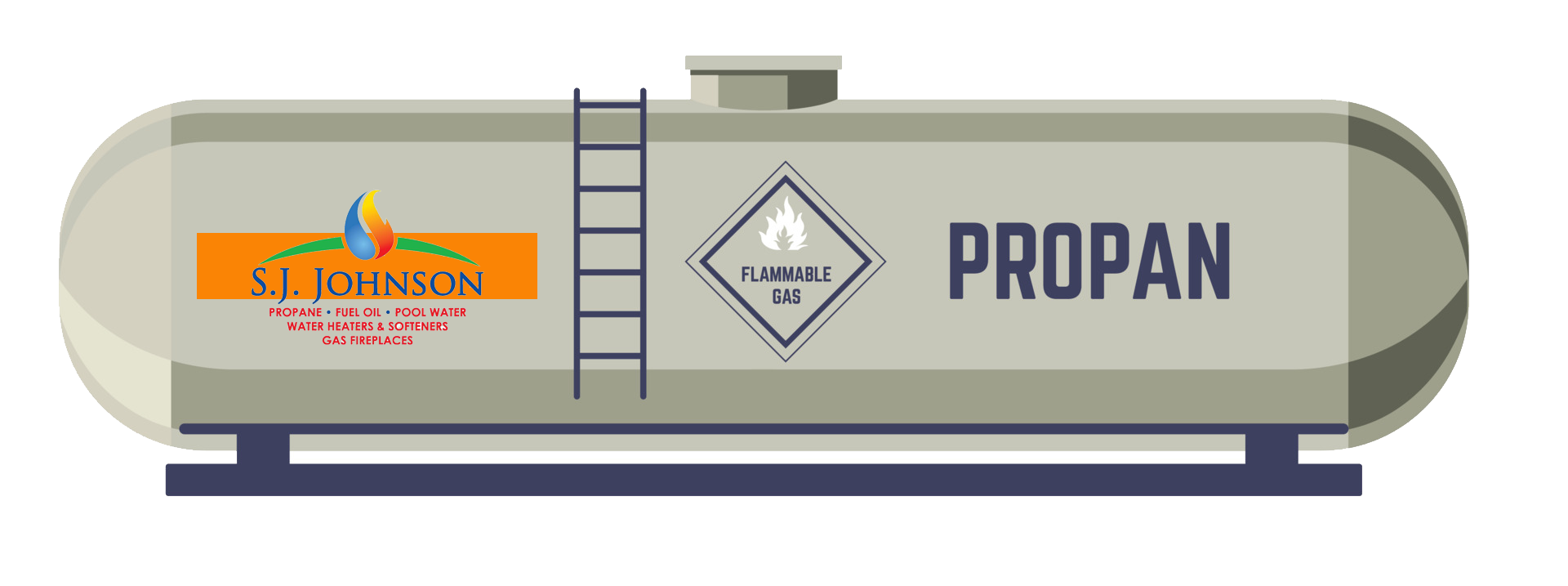
The Green Fuel Revolution: Unveiling the Origins and Benefits of Propane
In a world where sustainability and environmental consciousness are gaining momentum, the search for cleaner and greener energy alternatives has become paramount. One such alternative that has emerged as a viable option is propane. This versatile fuel, often associated with backyard barbecues and RV trips, has proven to be more than just a convenient energy source. In this article, we will explore the origins of propane and delve into why it is considered a green fuel.
Origins of Propane: Propane, also known as liquefied petroleum gas (LPG), is a byproduct of natural gas and crude oil extraction. During the refining process, natural gas and crude oil are separated into various components, one of which is propane. It is a flammable hydrocarbon gas that is stored under pressure in a liquid state, making it easy and safe to transport and use.
Green Properties of Propane:
- Low Carbon Emissions: One of the primary reasons propane is considered a green fuel is its significantly lower carbon emissions compared to other fossil fuels. When burned, propane emits fewer greenhouse gases, such as carbon dioxide, nitrogen oxide, and sulfur oxide, resulting in cleaner air quality and reduced contribution to climate change.
- Energy Efficiency: Propane is known for its high energy density, meaning it contains more energy per unit volume than many other fuels. This efficiency allows for greater energy output when utilized in various applications, such as heating, cooking, and transportation.
- Versatility: Propane is a versatile fuel that can be used for a wide range of applications. It can power vehicles, serve as a heating source for residential and commercial buildings, and fuel various industrial processes. Its adaptability and compatibility with existing infrastructure make it an attractive option for greener energy solutions.
- Renewable Potential: While propane is primarily derived from fossil fuel sources, there is growing interest in renewable propane. It can be produced from renewable resources, such as biomass or bio-based feedstocks, reducing dependence on non-renewable fossil fuels and contributing to a more sustainable energy future.
Benefits of Propane:
- Reduced Air Pollution: Due to its cleaner combustion properties, using propane as a fuel helps reduce harmful pollutants in the air, improving overall air quality and human health. This is particularly crucial in urban areas where air pollution is a significant concern.
- Cost-Effective: Propane is often more cost-effective than other fuels, especially in regions where it is abundantly available. Its efficient combustion and lower maintenance requirements make it an attractive option for residential, commercial, and industrial users.
- Safety: Propane has a remarkable safety record when handled and used correctly. Its low flammability range, along with stringent safety regulations and guidelines, ensures that accidents and incidents related to propane usage are minimal.
Conclusion: As the world continues to strive for sustainable and eco-friendly energy sources, propane has emerged as a green fuel with significant potential. Its low carbon emissions, energy efficiency, versatility, and renewable possibilities make it an attractive alternative to conventional fossil fuels. By embracing propane as a cleaner energy option, we can take a step closer to a greener and more sustainable future.




